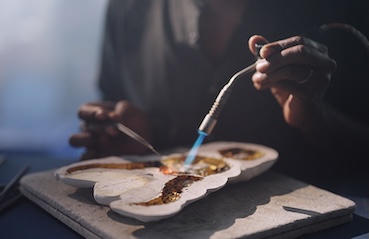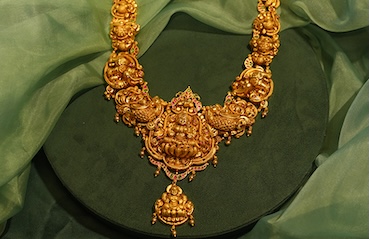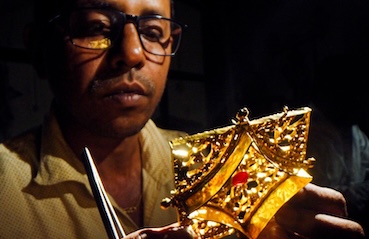Published: 04 Sep 2017
Tughlaq’s failed experiment

The 14th century sultan, Muhammad Bin Tughlaq, known as the “Man of Ideas,” is considered to be one of the most striking Sultans of medieval India.
Many of his ideas were ahead of his time; however, he was impatient and those who could not keep up with his changing policies and imagination were punished severely.
The Sultan impoverished the kingdom’s treasury through frivolous spending in his early years, often giving out bags of gold as rewards without thinking. To recover some of the lost wealth, Tughlaq increased taxes for farmers in the fertile lands. Quickly, his kingdom began to crumble with famine and distress caused by excessive taxation. Realising his errors, he abolished all taxes in 1341, and took part in charitable activities throughout Delhi.
When the heavy losses of the treasury could not be recovered, Tughlaq ventured into another disastrous experiment – the introduction of token currency. The Idea of token currency was probably borrowed from paper money issued by his near contemporary Kublai Khan in China.
Tughlaq could not foresee the consequences of his monetary experiment. He understood that the value of the token money depends upon the credit of the treasury (which was full of gold after his Deccan conquests) but forgot that only the state should issue the tokens.
The consequence? People found a way to fabricate the token themselves and the market soon became awash with fake coins. “Every house turned into a mint and people produced coins in tens of millions,” according to the book History of India: Mediaeval India from the Mohammedan Conquest to the Reign of Akbar the Great by Stanley Lane-Poole. The forged currency allowed his subjects to live lavish lives, purchase cows, arms, clothes and anything else they could get their hands on.
While the local Rajas and village heads became rich, the government became poor as the value of these coins fell to nearly worthless, and the Sultan was forced to repeal the order. The mighty collapse of this failed experiment was aided by Tughlaq’s decision to exchange all the copper coins with gold and silver from the treasury. Thousands of men and women flocked to the national capital and Tughlaq was left with mountains of copper coins.











